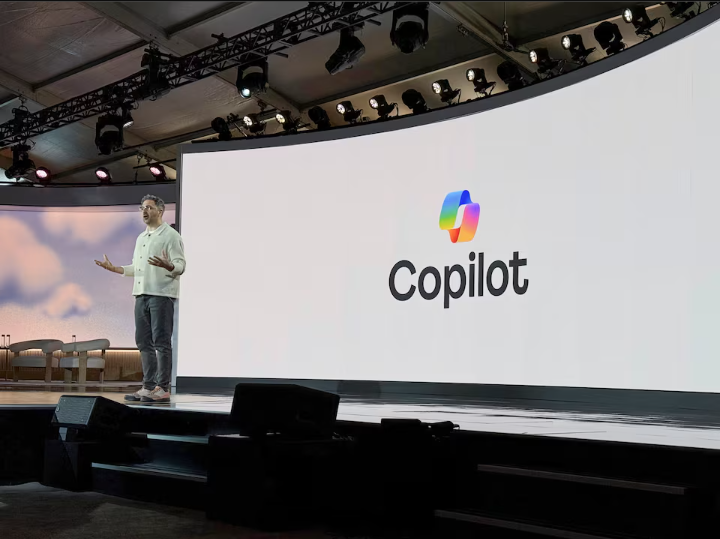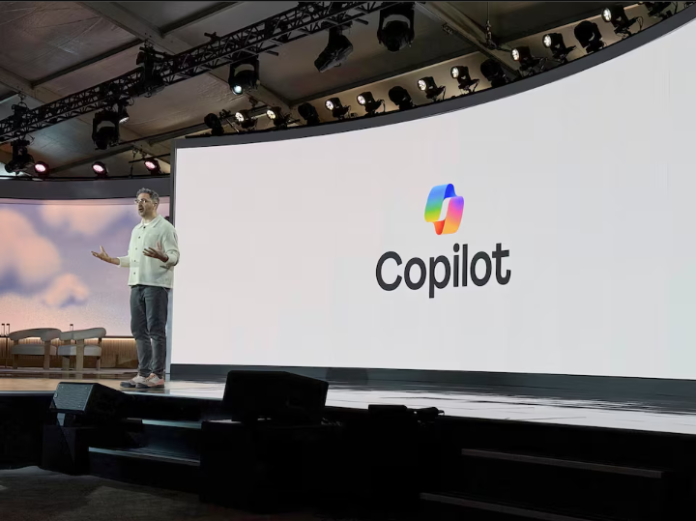As Microsoft celebrates its 50th anniversary, the spotlight shines on the company’s innovative strides in artificial intelligence, particularly its AI assistant, Copilot. Mustafa Suleyman, Microsoft’s AI chief, shared intriguing insights into the metrics driving Copilot’s success and how they measure its consumer impact. While many tech companies focus on traditional metrics like daily and weekly active users, Suleyman reveals his unique approach to tracking the AI’s effectiveness: the rate of successful sessions (SSR).
Suleyman, who joined Microsoft a year ago after leading Inflection AI, is laser-focused on this metric to guide Copilot’s evolution. In a recent interview, he explained that while companies traditionally measured product success by user engagement or time spent, today’s technology allows for much more refined insights. Instead of relying on crude proxies like social media mentions or time spent with the product, Microsoft now harnesses the power of anonymized logs to assess how users feel about their experience in real-time.
“We get to learn from the anonymized logs and extract sentiment,” Suleyman said. This means that instead of simply tracking how much time users are spending with Copilot, Microsoft can now determine how satisfied they are with their sessions, providing a more nuanced understanding of the AI’s performance.
According to Suleyman, this innovative method has significantly improved Copilot’s SSR over the past few months. Though he refrained from revealing exact figures, the dramatic increase in SSR points to the growing success of the AI assistant. This sentiment analysis is powered by an AI model designed specifically to assess user satisfaction during interactions with Copilot.
In addition to improving SSR, Microsoft has also rolled out several exciting updates to Copilot’s functionality. Last fall, they introduced a more friendly and approachable voice for the AI assistant, making interactions feel more natural and personal. The new features also include the ability to analyze web pages for users, enhancing the AI’s utility as a browsing companion.

At Microsoft’s 50th anniversary event, held in Redmond, Washington, further updates to Copilot were showcased, demonstrating how the assistant is evolving to meet diverse consumer needs. Notably, the new features include personalized podcasts, tools to help with complex queries, and customizable visual designs for users. Suleyman even joked about envisioning a “cutesy” version of Copilot, perhaps akin to a Furby-style interactive figure that could add a fun, playful element to the user experience.
All these developments highlight Microsoft’s commitment to making Copilot more than just a tool—it’s becoming a personalized, interactive assistant that learns and adapts to individual user preferences. With its focus on improving SSR and other features, Microsoft is clearly setting the stage for Copilot to be an even more integral part of consumers’ everyday digital lives.
As Copilot continues to grow, it will be fascinating to see how Microsoft’s AI team further refines this groundbreaking technology. With insights drawn directly from users’ interactions and feedback, Microsoft is carving a path toward an even more intelligent and consumer-friendly AI assistant.



